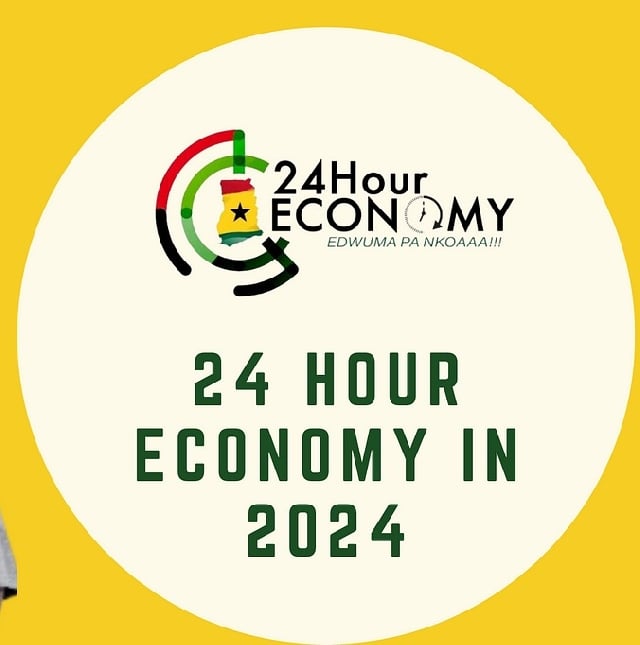Mr. Francis Badu Mello, President of the Alliance for Civic Action, has expressed skepticism regarding the significance of Dr. Mahamudu Bawumia’s digitalization agenda, suggesting it lacks originality and is merely an extension of former President John Dramani Mahama’s vision of establishing a 24-hour economy. In an interview on the Ghana Yensom Morning Show, Mello indicated that while digitalization is a prominent current in the global landscape, it cannot be attributed to one individual as a groundbreaking initiative. He articulated that digitalization should be viewed in the context of broader economic structures that promote continuous engagement in commerce and services.
Mello’s central thesis revolves around the notion of a 24-hour economy, which he defines as a system where businesses and services remain operational continuously, thus enabling consumer access at all times. He posits that this economic model is naturally conducive to fostering innovation and driving growth by creating jobs and reducing unemployment. In his view, a responsive economy that welcomes engagement at all hours generates a fertile ground for digital advancements, making digitalization an essential feature of a prosperous economic environment rather than a standalone initiative.
A key point in Mello’s argument suggests that the current focus of the New Patriotic Party (NPP) on digitalization may overlook more pressing economic challenges, such as unemployment. He argues that aiming to reduce the unemployment rate to as low as 8% would serve as a catalyst for digital innovation and increased productivity. By promoting widespread employment, Mello believes individuals are empowered to engage more creatively and constructively, leading to a virtuous cycle of economic activity that naturally integrates digital solutions.
Digitalization, according to Mello, gains its significance from the surrounding economic environment. He emphasized that if people are actively participating in the workforce, they are more likely to develop effective digital solutions to improve efficiency and productivity, thereby advancing the economy as a whole. He asserts that addressing the root issues of employment and engagement will inherently drive digitalization rather than treating it as a separate goal unlinked to fundamental economic realities.
Moreover, Mello’s critique of the NPP’s approach underscores a broader philosophical debate on the relationship between technology and economic development. He reflects on the idea that technological advancements, such as those related to digitalization, should not overshadow more essential factors like job creation and economic inclusivity. His remarks suggest a call for a more holistic view of the economy, where digitalization is harmonized with social and employment considerations to ensure broad-based growth and innovation.
In conclusion, Mr. Mello’s perspective on digitalization highlights the interdependence between employment, economic engagement, and technological advancement. By framing digitalization as a tool embedded in a larger economic context, he invites policymakers to consider how an emphasis on a 24-hour economy can cultivate an environment ripe for both innovation and employment. His insights challenge prevailing narratives around digitalization, advocating for a more integrated approach to understanding progress in the context of Ghana’s evolving economic landscape.


